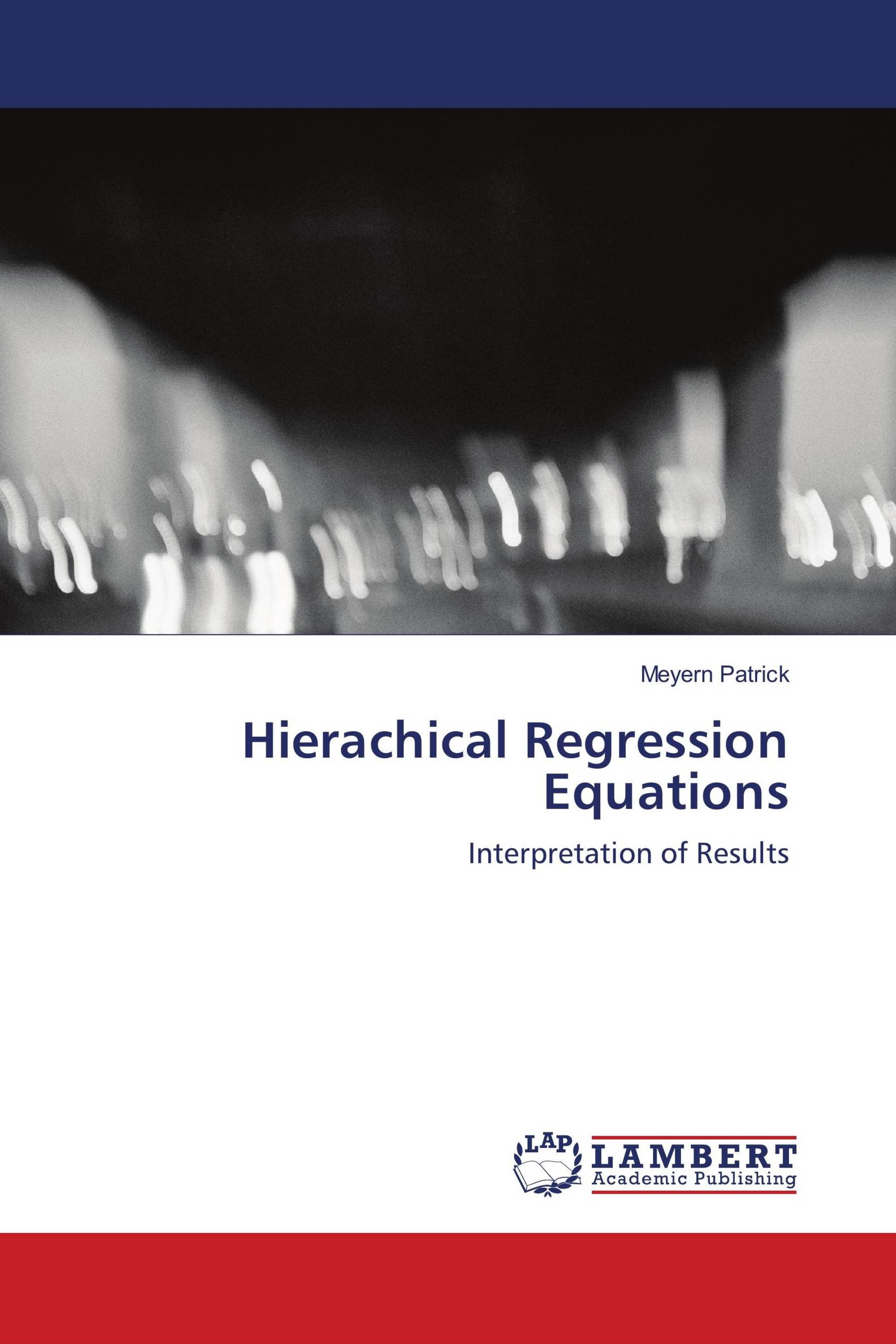Taxes on environmental externalities have long been recognized in the economics literature as a cost‐effective mechanism for reducing the costs of environmental degradation. However, in recent years there has been substantial interest in other possible benefits from environmental taxes, most notably, the economic gains that could result from substituting revenues from environmental taxes for conventional, distortionary taxes on labor income or other goods and services. Emerging from this literature is the “double dividend hypothesis” that the economic gains from environmental taxes will be greater if the revenues are used to reduce distortionary taxes rather than be returned to consumers through lump sum transfers. Most theoretical and empirical research on the double dividend has been conducted under the assumption of a closed economy. This assumption removes the possibly important effects of interregional factor mobility and interregional trade. Moreover it is an unrealistic assumption for most economies, and especially for those of small countries or sub‐national political jurisdictions, such as states.
Book Details: |
|
|
ISBN-13: |
978-3-8383-3385-4 |
|
ISBN-10: |
3838333853 |
|
EAN: |
9783838333854 |
|
Book language: |
English |
|
By (author) : |
Meyern Patrick |
|
Number of pages: |
164 |
|
Published on: |
2009-12-17 |
|
Category: |
Psychology |
